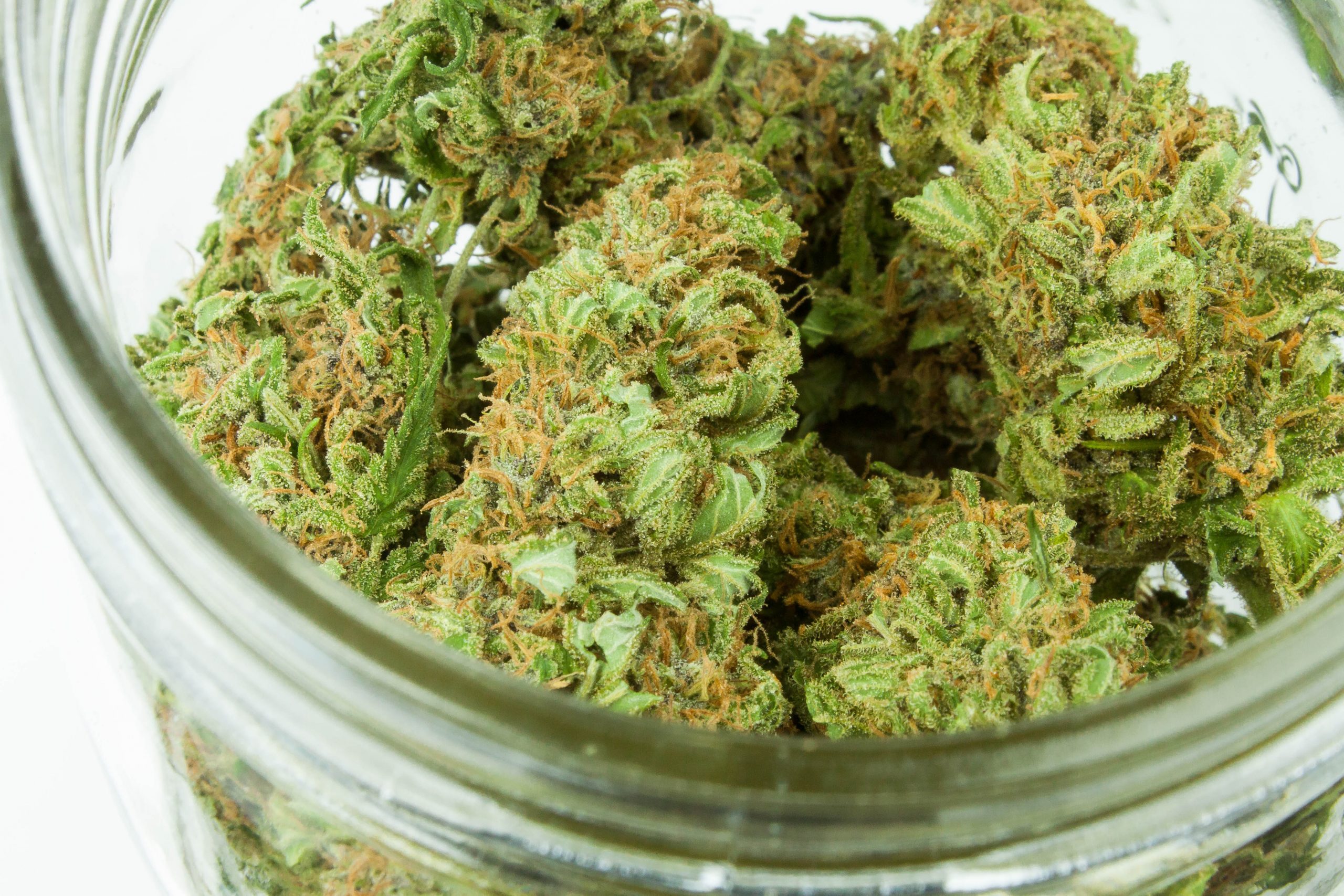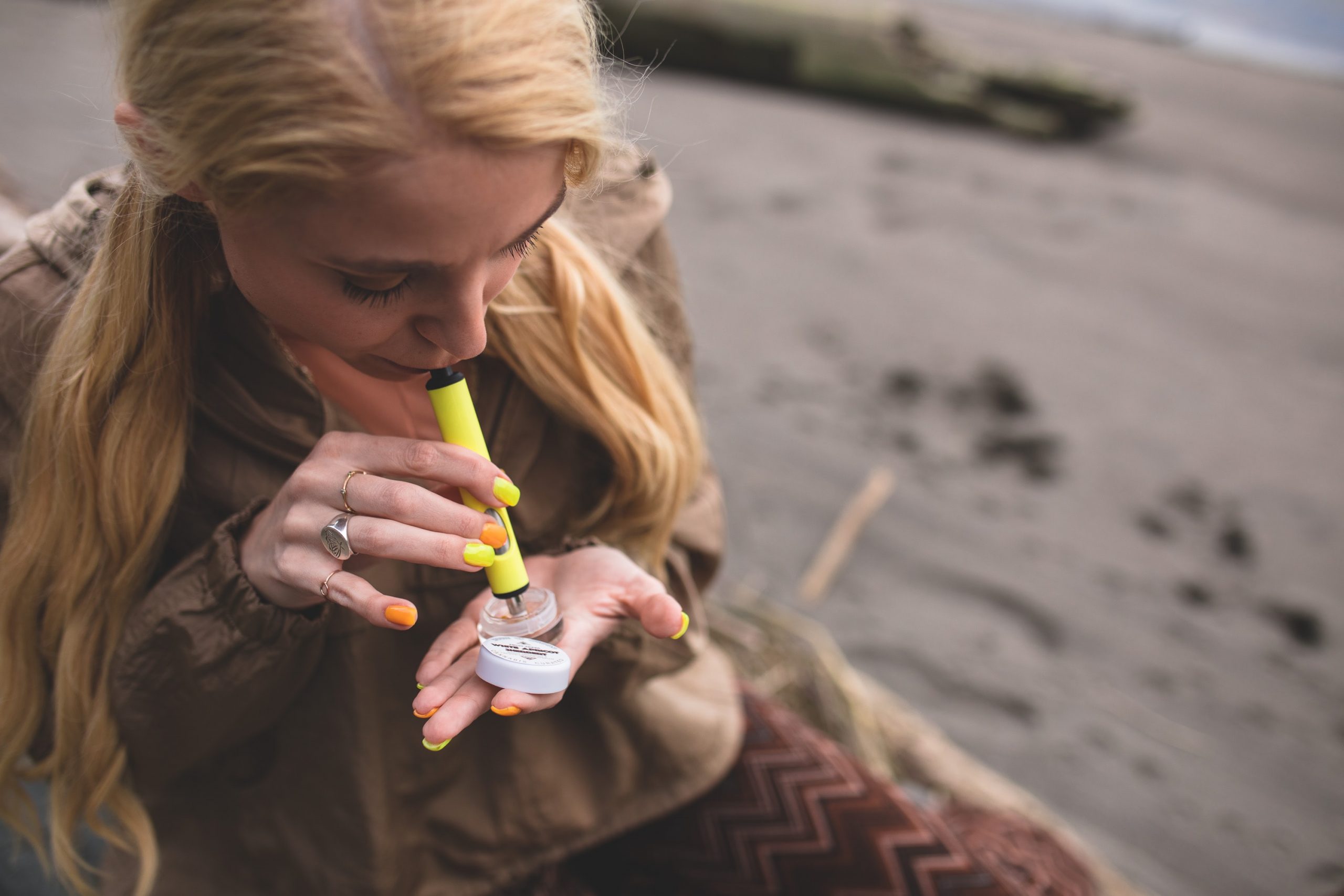The expected announcement about the shape and scope if not steps to full cannabis reform were announced today by German Health Minister Karl Lauterbach. Now the real work begins
As leaked on Tuesday by the German media, Karl Lauterbach, German health minister, took to the podium of a Bundestag press room to announce the inevitable. Germany will proceed with full recreational cannabis legalization. However, the model announced today looks a great deal like a hybrid model between Switzerland, the early days of many US state recreational programs, starting with Colorado, and Holland.
Here are the major points.
- Home grow of up to three plants will be allowed by individuals.
- Non profit social clubs of up to 500 members will also be allowed, in which members can have 5 plants each, and obtain up to 50 grams a month, with no more than a 25 gram per day purchase limit
- Regional five year trials will be rolled out to study the impact of legalization on curtailing the black market via commercial supply chains
- Edibles will be included in the trials
What This Achieves
The unbelievably great news is that decrim is here, or about to be, in a bill now promised by the end of April. Beyond that, the huge cost issues that are front and center for patients unable to obtain public health insurance coverage are starting to be recognized and ameliorated.
Beyond this, it creates what are going to be local centers of cannabis activism that are not directed from any central group – or by “thought leaders” in Berlin who, so far, have not been so much interested in leading anything but their own personal advancement.
Think global, act local is certainly the name of the game. Now what?
Non-profit Collectives and Social Clubs
There is going to be a race to recruit patients and members in every city, and in fact, several initiatives to begin to organize the same have begun to sprout across the country.
How such grows will be overseen, monitored and tracked is a still undetailed conversation. Who will be allowed to found and run them is another question – including whether patients with “criminal” records for cultivation previously will be allowed to do so, and whether their records will be scrubbed. How such cannabis will be differentiated from what can now be bought in pharmacies is another.
In effect, however, what the government has just created is the possibility of a non-profit industry that is absolutely going to be competitive with medical sales in pharmacies. How that impacts the overall price of “cannabis flower” in the market is pretty straightforward. It’s going to get highly competitive, even on the medical front.
This is actually great news for patients. Insurance companies are going to exert a great deal of price pressure on both pharmacies and distributors beyond this.
Organization and Outreach Will Be Critical
Existing, even if unofficial clubs will obviously have a bit of a head start, but ultimately, all that is going to be needed is a few friends and a will to “weed.”
Garden plots, basements and other real estate is clearly going to be repurposed – although what this is going to do to police raids of “plantations” is another question. It is inevitable that there will be test legal cases that further define precident.
Generally, however, this is great news. The great “green rush” that many had been hoping would materialize here is not going to sprout without a great deal of testing and planning.
The German way.
Impact On European and Global Legalization
This news is obviously going to be absorbed across the EU with interesting consequences. Look for the Czech Republic to follow suit, if not Portugal. Beyond this, it is almost inevitable that the non-profit social club model is likely to be replicated in most countries that had been hanging on Germany’s lead if not the EU decision about the same.
Further afield, this announcement is not likely to speed up developments in the United States. The country already has defacto “regional test models” in all states with a recreational legalization plan.
However, the pure impact of Europe now moving to a non-profit recreational consumer market is going to be large, both culturally and politically.
It also means, by default, that new investment in the industry will be almost exclusively limited to medically focused firms. Given the issues in the recreational market so far, particularly in Canada, but also the US, it is hard to come to the conclusion that is anything but a great thing.
Germany may not be “leading” the pack in national implementation, but change, and of a positive kind, is now absolutely in the air.









